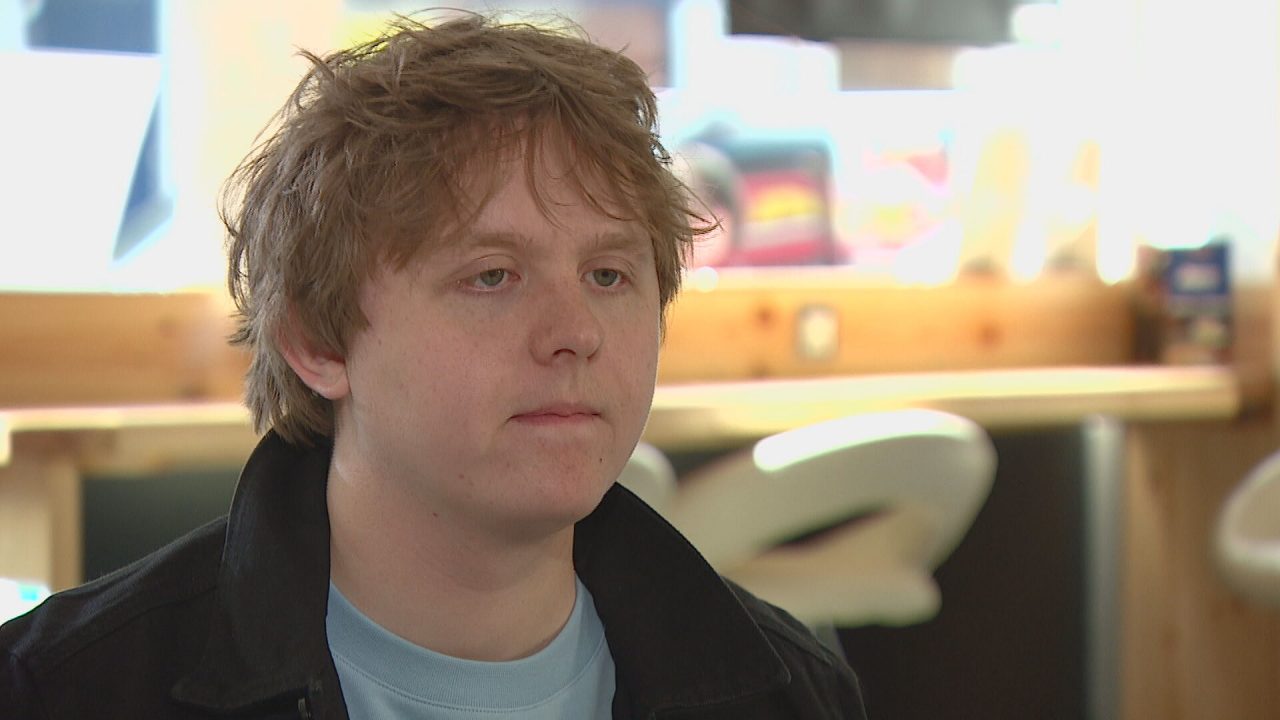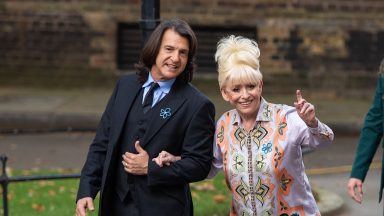Lewis Capaldi has said that his Tourette’s syndrome diagnosis “made a lot of sense”.
During an Instagram Live last week, Capaldi told fans how the condition affects him.
The Scots singer explained it has caused his shoulders to twitch and that he finds himself taking deep breaths.
The NHS states that Tourette’s syndrome is a condition that causes a person to make involuntary sounds and movements called tics.
It usually starts during childhood, but the tics and other symptoms usually improve after several years and sometimes go away completely.
Tics can be worse on some days than others and can worsen during periods of stress, anxiety and tiredness.
People with Tourette’s syndrome can also have mood and behavioural problems such as attention deficit hyperactivity disorder (ADHD), obsessive compulsive disorder (OCD) and depression or anxiety.
Speaking to Lorraine Kelly on ITV, Capaldi said that his tics had led to some people thinking that he had taken drugs when meeting them.
“I got told seven months ago,” explained the singer, who released his new song Forget Me last week.
“It made a lot of sense. To me, I’m quite a jittery individual.
“A lot of people think I’m on drugs a lot of the time when they meet me, I’m not.”
Capaldi told Lorraine that he thought he had a degenerative disease.
He said: “It made a lot of sense. I kind of raise my eyebrows quite a lot, I do this kind of shoulder thing, I take these deep breaths every now and then.
“And I thought I was dying. I’m a bit of a hypochondriac so I thought I had some degenerative disease.
“But I don’t, so good news on that front everybody.”
The singer explained how the condition can worse due to anxiety.
“I got Botox in my shoulder to stop it moving. So, that was nice because obviously I had loads in my face but it was nice just to put it in a different area,” he said.
“Then it’s just a case of trying to get my general anxiety down because the thing is it flares up when you’re nervous, it flares up when you’re excited, happy, overjoyed.”
Capaldi said that his speech can also be affected by the condition.
He said: “It definitely is still there. I think it’s one of those things that’s like, sometimes it’s fine.
“It doesn’t go away but sometimes it’s like not as bad as others and the other times it can really sort of affect my speech and all the rest of it because I’m holding my breath or taking these deep breaths.
“But, listen, I can live with it. It’s not as bad as it looks.”
The 25-year-old said it had been an “eye-opener” to have people reach out to him after his diagnosis.
“People have reached out and they’ve said that I’m an ambassador, which is great, so I’ve got a new title as well,” he added.
“It feels nice because sometimes you feel you’re alone in these things and it’s nice to see that you’re not so isolated with all of this stuff.
“I think it’s been a bit of an eye-opener, but it’s nice.”
Follow STV News on WhatsApp
Scan the QR code on your mobile device for all the latest news from around the country


 STV News
STV News


























